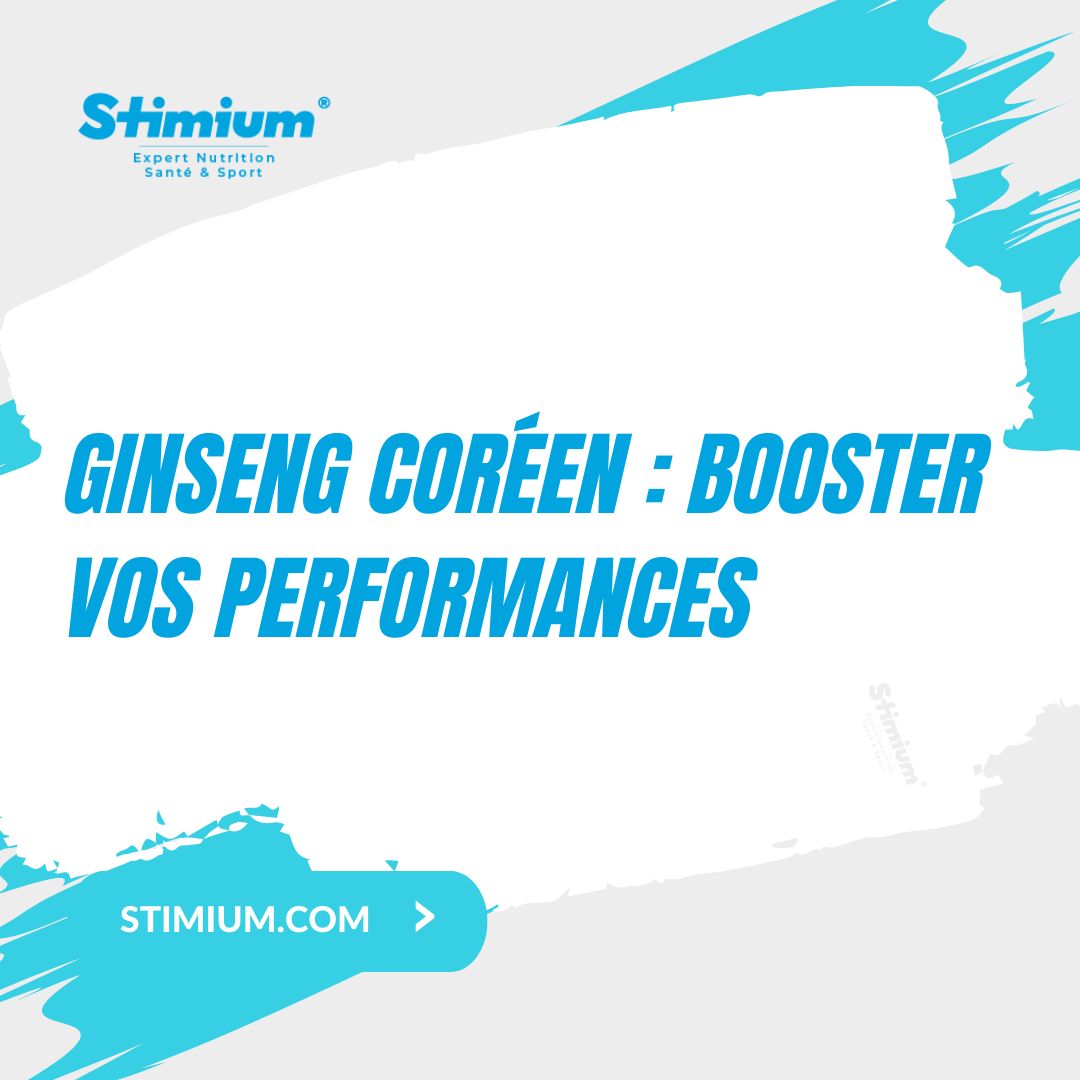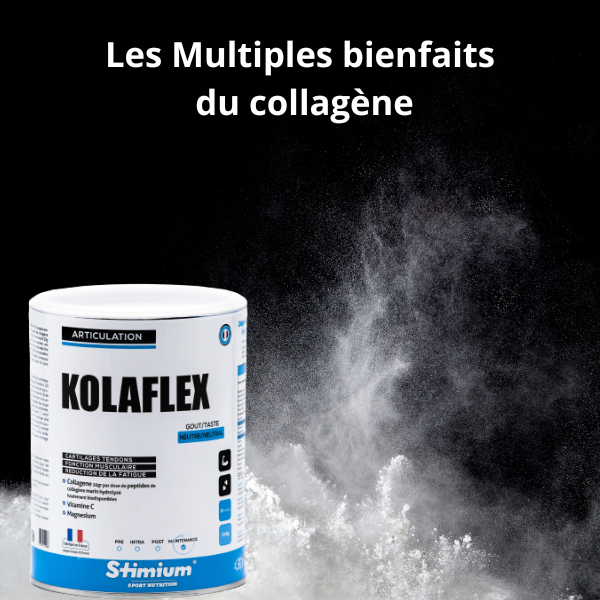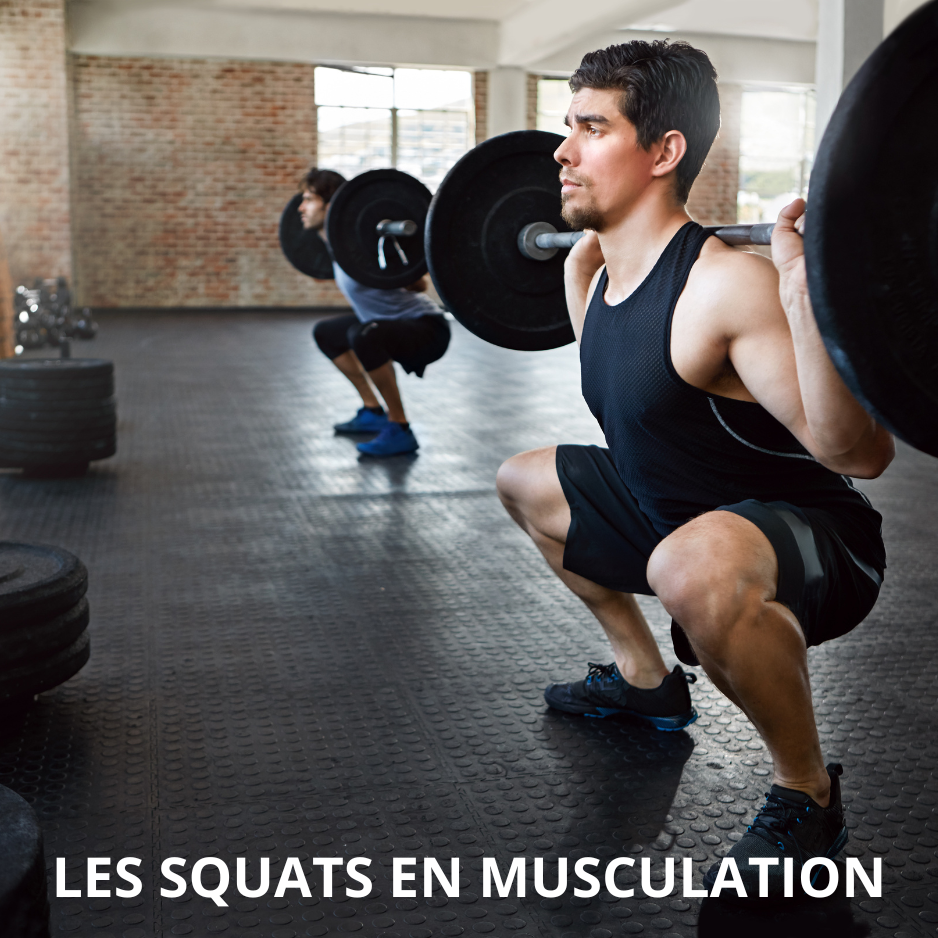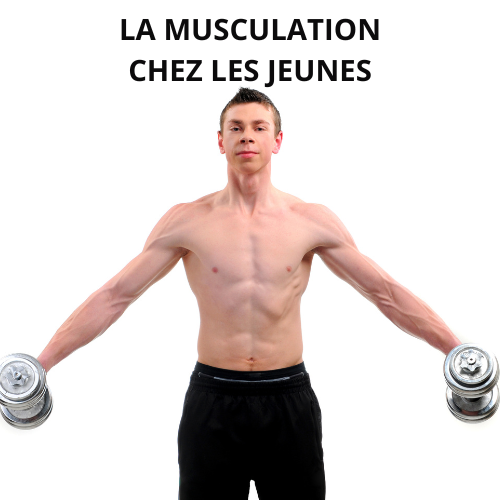The importance of sleep in Sport.
According to the National Institute of Sleep and Vigilance, one in five French people suffer from insomnia and difficulty sleeping. The importance of sleep, in sport, and in everyday life, in general, is therefore essential. These sleep disorders can cause difficulty falling asleep, but also nighttime awakenings where returning to sleep will be complicated. It is this lack of sleep which can obviously cause fatigue, but also irritability, difficulty concentrating, weight gain... We sleep more and more poorly, and less and less long, and this has real repercussions on our health in general, and on our performance more specifically. The importance of sleep in sport has therefore become a key subject, whereas it was previously rather hidden, including by sports doctors. This is why Stimium released the SDR gum, the first gum dedicated to athletes, post-exercise, to anticipate recovery, thanks to a complex formula, combining melatonin, Californian poppy, ashwagandha, lemon balm, and GABA in particular.
Rest is specific to each individual.
There is no minimum number of hours to sleep well, because the duration is specific to each individual. Beyond the number of hours, it is the quality of the night that matters and what we call the deep sleep phases, the most recuperative cycles. It is better to sleep 5 hours of deep sleep than 8 hours of light sleep, but once again, everyone has their own biological rhythm. The important thing to remember is the importance of sleep in sport.
During phases of deep sleep, the circulation of growth hormones is very important, stimulating the reconstruction of muscle tissues is very important and allowing their regeneration. This is in particular one of the reasons why Stimium Laboratories launched Stimium GABA , because in addition to its action on increasing cardiac output, Stimium GABA lowers muscle tension, reducing muscle spasms (muscle-relaxing neurotransmitter) while also having an action on improving the quality of sleep, and above all by boosting the production of growth hormone (HGH). GABA helps stimulate active rest by activating the importance of sleep in Sport. This rest phase also makes it easier to eliminate waste and toxins accumulated in the muscles during sport.
Note that according to several studies, party people are not the worst specimens, because more than bedtime, it is the regularity of the waking time which would be crucial in maintaining the quality of sleep, by focusing on waking up regularly at 7 a.m., even if you go to bed at 2 a.m. on a Friday or Saturday evening, you will therefore be more likely to have a restful sleep.
After an intense session or competition, it is often difficult to fall asleep and reduce adrenaline. Some will opt for a shower with alternating jets of cold and hot water, others more fortunate will do a little cryotherapy, others will do sophrology exercises, finally and easier to follow, most will try to eat light.
What is certain is that whatever sport you practice, you must be able to manage your sleep and your nights well before the big day. Because it is important to know that sleep can be stored! If you sleep well for a few nights, you will store up reserves and therefore compensate during the night, where you will remain frozen staring at the ceiling while seeing the hours tick by on the alarm clock which will soon ring while an important day awaits you. …
The importance of sleep in sport can also be measured by possible weight gain. There is a real correlation between weight gain and lack of sleep. This is how to avoid significant weight gain, some athletes who may have difficulty sleeping, will create pre-sleep routines (reading, dimmed lights, etc.) or even reduce the nap to 30 minutes in order to be able to sleep properly in the evening. For weight gain, apart from regular rest, it may also be advisable to use Stimium Thermoshape to burn fat and/or Stimium Hydro Off to combat excess pounds and have an interesting draining effect, while knowing that these products are only really useful as part of a varied and controlled diet and regular sleep.
The importance of sleep in sport can also be measured by possible heavy leg syndromes. The less we sleep, the more this syndrome will appear, particularly due to poor blood circulation. Some athletes must perform a few stretching exercises before going to bed (stretching, relaxation movement), while others will take Gingko Biloba , whose virtues in improving circulation have been recognized for decades.
In the event of a lack of sleep, short naps of 20 to 30 minutes help promote recovery between two sessions to make it easier to complete the afternoon training session, for example. The ideal period is between 1 and 3 p.m., a time when alertness is reduced, during digestion after lunch.
Sleep is one of the most important pillars of a healthy lifestyle. It helps replenish energy reserves used during the day's activities in order to recover and plan for upcoming activities. Many studies support that sleep restriction will impact recovery processes and may increase the risk of injury. Accumulating a lack of sleep over several days can make it easier to lose support and sprain, or even cause a muscle injury linked to this lack of sleep and an associated lack of hydration.
The importance of sleep in Sport is therefore essential because sleep will facilitate physiological, psychological, joint and muscular recovery... If the process is disrupted, training is experienced as an overload, with the risks that this implies, competition she will be even more at risk. For example, it has been recognized that a night with less than 8 hours of sleep results in a reduction of 10 to 30% in the time elapsed before exhaustion (the athlete therefore tires more quickly), a marked drop in cardiovascular capacity, metabolic and respiratory with a more rapid accumulation of lactic acids, and a reduction in oxygen saturation.
Lack of sleep significantly increases the symptoms of fatigue, including:
- The ability to chain efforts decreases,
- Increased muscle and joint pain
- The increase in visual and auditory reaction times as well as errors of judgment, particularly in sports requiring rapid reaction times.
The consequences on the athlete's performance are direct. Getting enough sleep means you can recover well and therefore increase your chances of progress.
Conversely, short nights do not allow recovery and drag the athlete down. He will see his performance stagnate or even decline. Scientists have proven it and professionals are unanimous on the issue. Sleep is a fundamental stage in everyone's development, regardless of our age. It helps regulate stress, allows growth, learning and recovery. For athletes, high level or not, sleep is therefore an essential component of training.
Sports performance is based on the same recognized EAR concept: Training , Nutrition & Rest . If one of these 3 criteria is not adequate, sports performance will be poor.
Endurance athletes (marathoners, road cyclists, and triathletes) cannot perform all daily workouts at maximum intensity. They should be periodized, with interval training and longer training. As part of their training plan, the athlete must not forget to increase the time dedicated to sleep to allow the body to recover; we do not sleep in the same way during preparation for a marathon or triathlon as During a period without competition, it is appropriate to adapt not only your training, your diet, but also your sleep and, more generally, your recovery periods.
Ensure sleep to improve your sporting performance
Sleep is vitally important for athletes. Professional long-distance triathletes typically sleep 9 to 10 hours per night. And can sleep 1 or 2 hours right after training in the morning.
Sleep speeds up muscle recovery, leaving the body “ready” for the next workout. If this recovery does not occur, the next workout may be reduced in intensity; if this happens again, the body enters a phase we call overtraining.
In addition, certain hormones see their production increased or decreased during sleep: GH (growth hormone) is released at night, which promotes muscle recovery. Cortisol, an anti-inflammatory hormone, is released in greater quantities upon waking.
Therefore, sleep has a fundamental role in the regulation of certain hormones, which will help you recover. Not to mention that adequate sleep helps the athlete's immune system (prevents infections) and controls certain hormones linked to hunger and satiety (avoiding significant weight gain or loss)
The importance of the last phases of sleep
Sleep is divided into 5 stages: the first 3 are the lightest. The fourth and fifth stages represent deep sleep, in which recovery actually takes place.
Therefore, the quantity and quality of sleep are two completely different things. There are athletes who sleep as many hours as necessary, but who are unable to sleep deeply. This happens for several reasons – respiratory disorders being one of them. In such cases, the problem should be addressed.
Pre-workout insomnia is another very common situation. It's not easy to sleep well when you have the first marathon the next day, or the first triathlon race.
Still, this night is fundamental, and you need to make sure you get both enough sleep and deep sleep duration.
How to make sure you sleep well before and after training?
Before training you need a full night's sleep. You will therefore need to think about creating an ideal sleeping environment, with a tidy bedroom, a temperature between 18 and 21 degrees and subdued lighting. After training, it is common to take a nap of 30 minutes to 2 hours, depending on the workload.
THE RIGHT DURATION:
There is no precise duration, but rather a period framework since we are not between 7 and 9 a.m.
THE RIGHT ENVIRONMENT:
Avoid screens before going to sleep, and opt for a moderate temperature (between 18 and 19 degrees). Opt for a mattress (and pillow) that matches your body shape exactly. For people with particularly weak backs, we will particularly mention the PERCKO mattresses which allow real decompression thanks to extremely technical products.
THE GOOD SLEEP:
Use a ritual (herbal tea, reading, music, lighting, pillow, etc.)
THE GOOD WAKE UP:
Choose a pleasant ringtone
GOOD NUTRITION:
Eat a small dose of quick sugar, which helps you fall asleep (square of chocolate, etc.), or take a gum which promotes falling asleep and active recovery.
EAT LIGHT IN THE EVENING:
Both to control your calorie intake (and therefore weight gain) and to ensure restful sleep, you should favor salads, vegetables, soups, while hydrating yourself regularly.
In summary, sleep is a crucial aspect of sports performance and physical recovery. Sleep is essential for muscle tissue regeneration, protein synthesis, hormonal regulation, memory consolidation and emotional recovery.
Lack of sleep can have a significant impact on athletic performance. Athletes who don't get enough sleep may experience problems with concentration, coordination, and reaction times, which can impact their ability to make quick and accurate decisions on the field.
Additionally, lack of sleep can also increase the risk of injury. Athletes who don't get enough sleep may be more prone to muscle fatigue, inflammation, and microtrauma that can lead to injury.
Finally, sleep is important for mental and emotional recovery. Athletes often experience high levels of stress and pressure, and sleep can help reduce these stress levels and promote healthy emotional recovery.
Sleeping well, training well, and eating well means putting all the chances on your side to achieve new performances.






